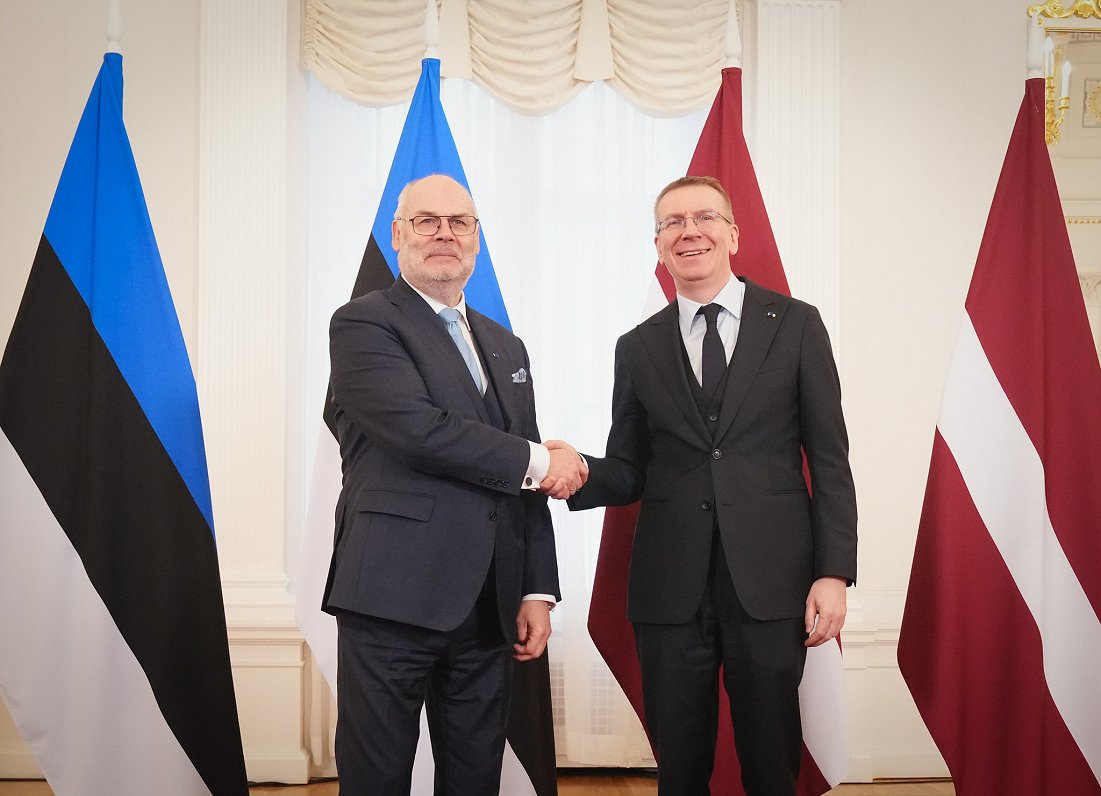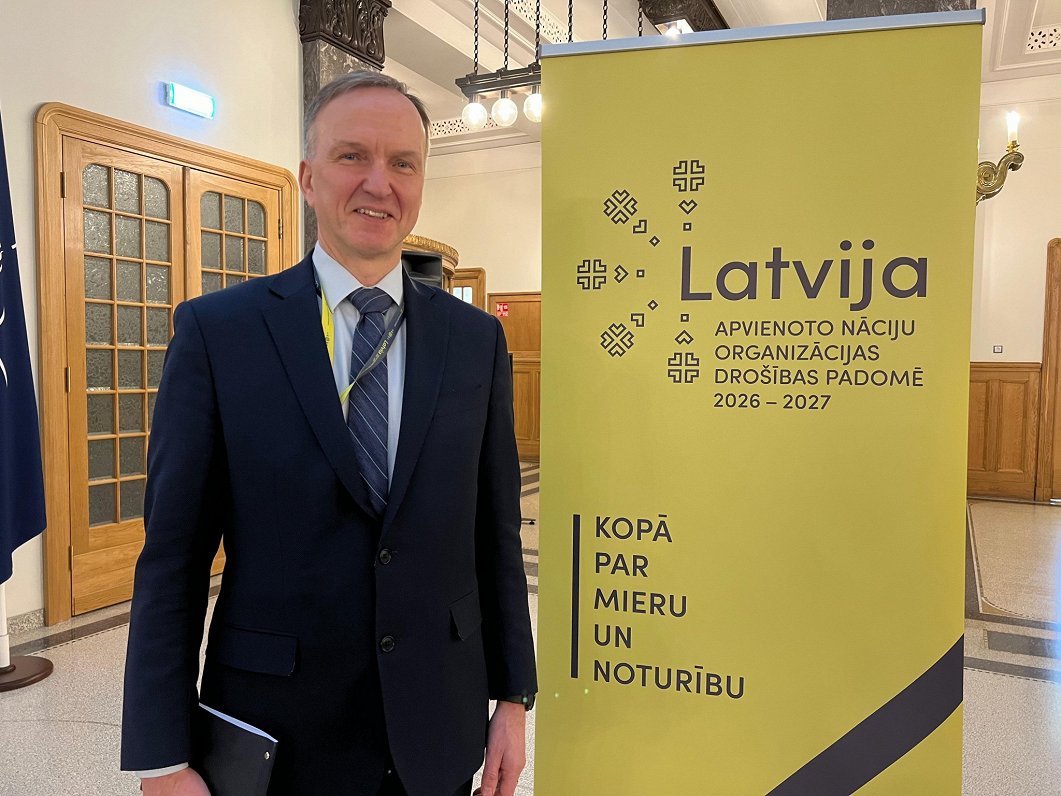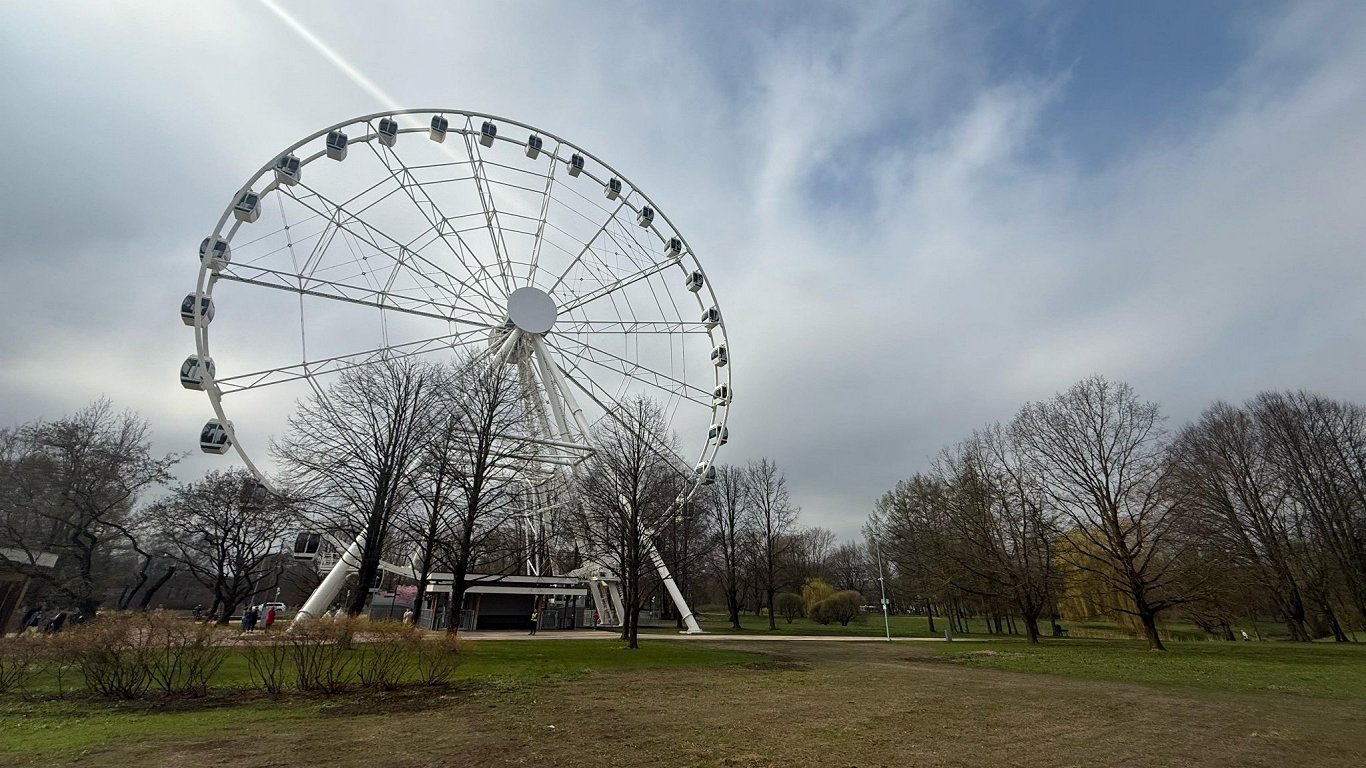Life sciences revolve around many living forms such as humans, plants, animals, and microorganisms. The discoveries made within this field are increasingly interlinked with humanity’s future and progress, owing to their extensive applicability in sectors such as health, medicine, agriculture or food. For those at the forefront of life sciences innovations, national boundaries hold little significance as the challenges humanity faces are universal. As a result, life sciences innovations are inherently global from their inception.
In this dynamic landscape of life sciences, Lithuania, a country by the Baltic Sea, has emerged as a compelling growth hotspot fostering solutions with a global impact. Today, the sector plays a crucial role in driving the country’s economic development, all the while tackling challenges related to global and public health. Lithuania stands at the forefront of cutting-edge biotechnology, medical research, and genetic advancements.
Life sciences also play a vital part in the Lithuanian government’s commitment to enhancing innovation and cultivating open partnerships. The sector has been a priority for the Lithuanian government for over a decade, and it is accelerating faster than almost anywhere else in Europe, aiming to contribute 5% to Lithuania’s GDP by 2030. Health sciences and biotechnology, including medical, industrial agricultural and food biotechnology, is the main focus of this sector.
Lithuania, a small country with 2.8 million people serves as a primary example of how well-connected, collaborative environment and partnering drive innovations and new solutions. In the face of challenges such as climate change, aging societies, and oncological diseases, the synergy between research and business becomes not just desirable, but essential. Lithuanian government openly invites all stakeholders from the life sciences academic community and business to discuss new perspectives and identify best practices for the future.
Lithuanian scientists and entrepreneurs in life sciences swiftly adapt to evolving trends. They approach their entrepreneurial and scientific journeys with a global perspective. The achievements of Lithuanian scientists and the depth of the talent pool is often cited by international life sciences companies as a draw to the Baltic country. For example, Lithuanian scientists contributed immensely to the development of genetic engineering. More than 15,000 specialists work in the sector – a number that is growing every year thanks to six universities offering biotech-related study programs. Lithuania’s biggest contributor for life sciences talent is the Life Sciences Centre of Vilnius University.
The vibrant life sciences industry includes international names. Among them, Thermo Fisher Scientific Baltics has world-class capabilities in manufacturing products for the life science market, specifically in molecular, protein, and cellular biology. Another company, Caszyme, manufactures CRISPR-Cas proteins with different characteristics as a molecular tool for life sciences, including industrial biotech.
There is still much to discover to make lives of humans better. Lithuanian life sciences researchers and business will continue their commitment to advancing scientific frontiers and driving innovation to new heights.






